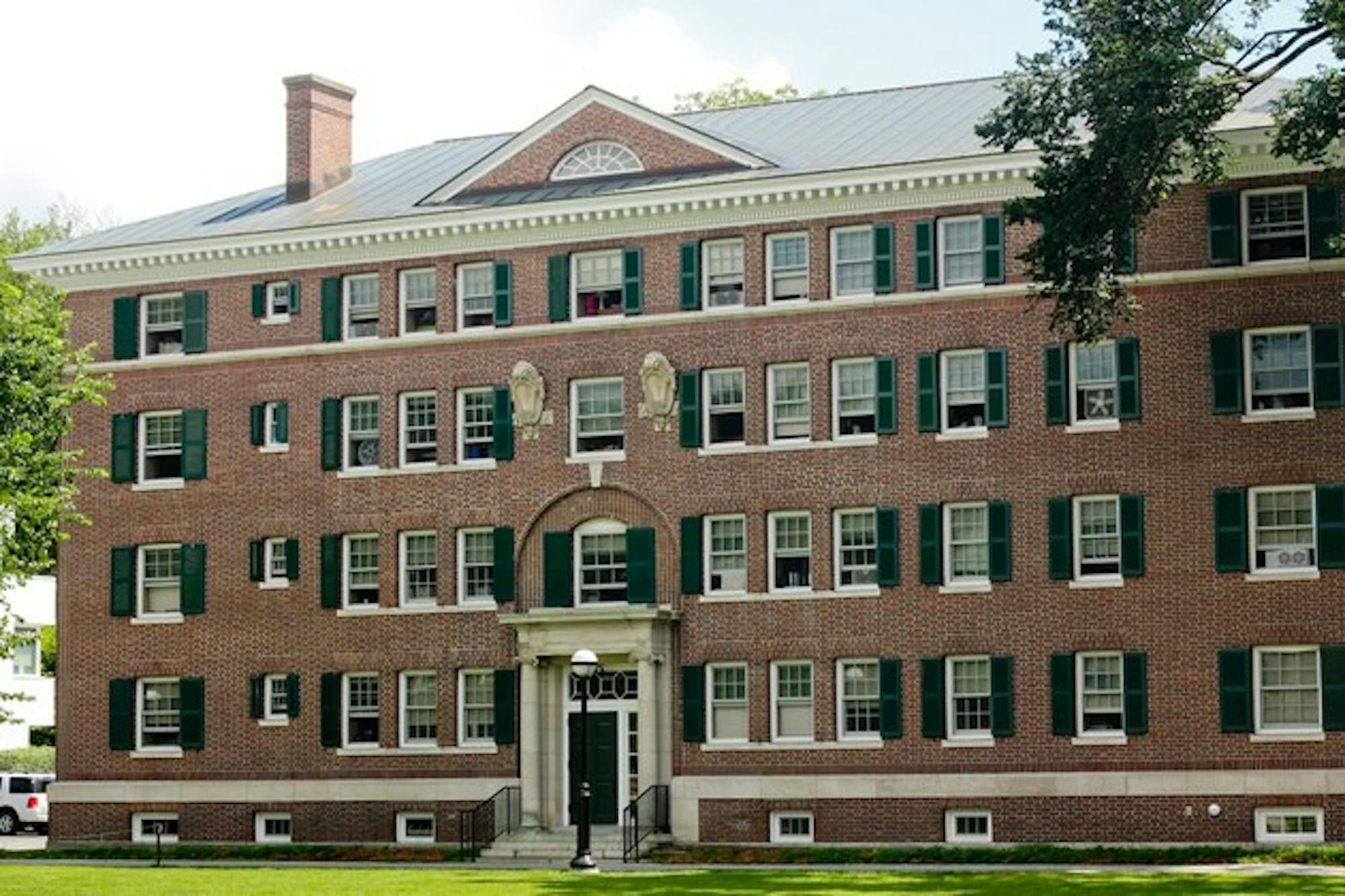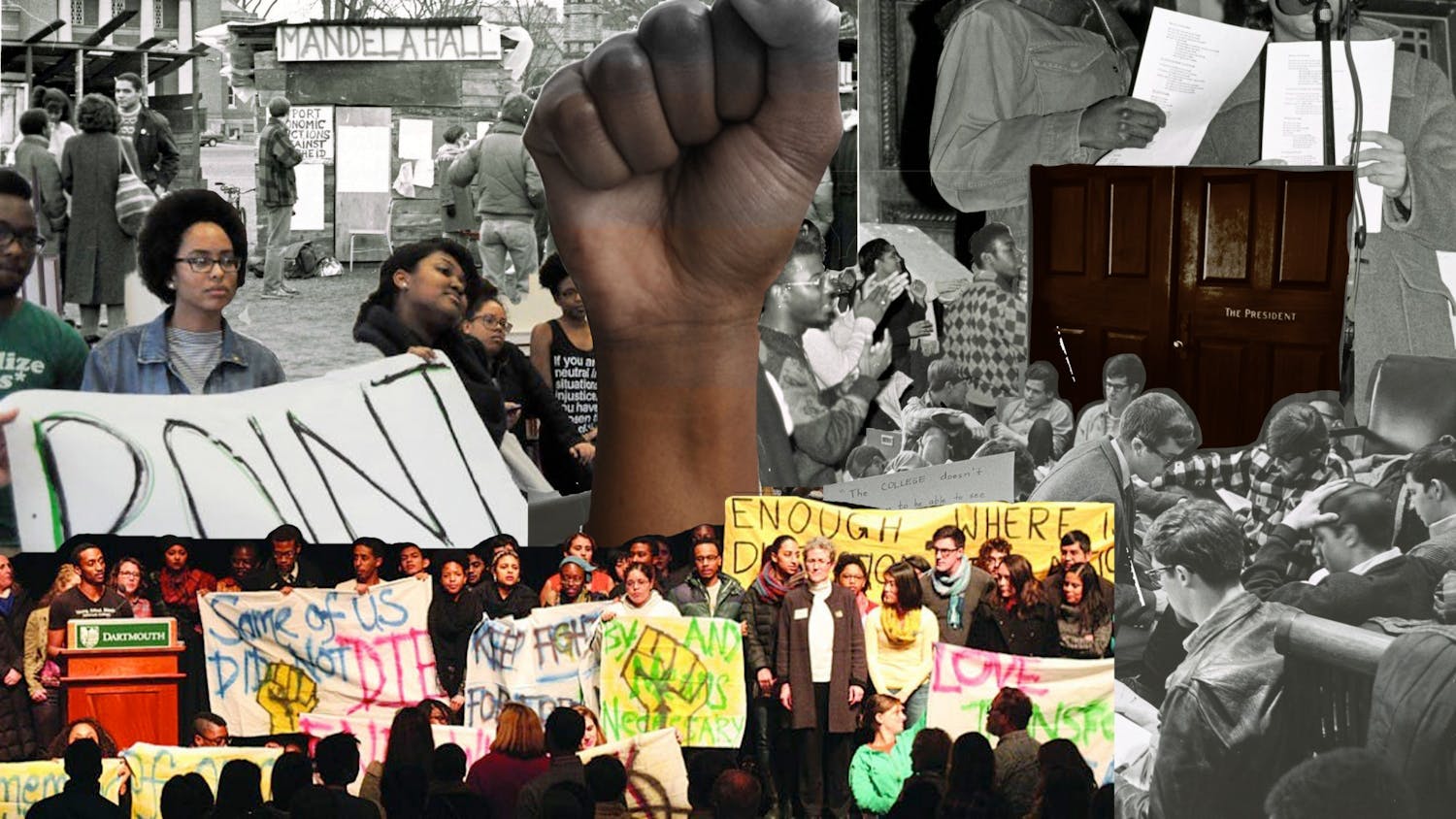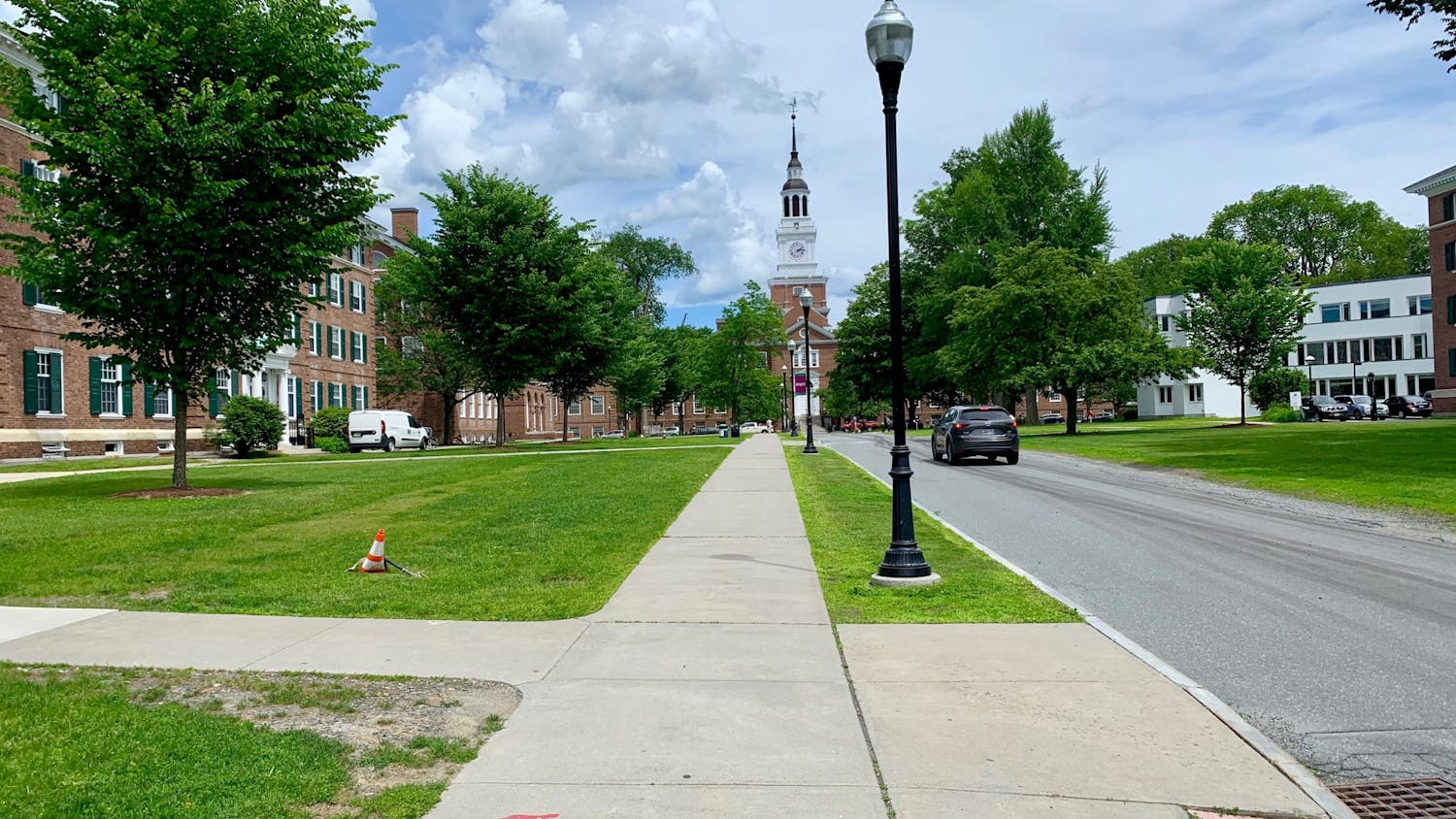Although classes start Thursday, many students who had originally expected to be in Hanover will instead log onto Zoom from home. When the College pushed winter term move-in dates back by nearly two weeks, many students found themselves scrambling to change travel arrangements and find stable learning environments for the meantime.
While acknowledging the need to minimize a post-holiday surge in COVID-19 transmission, some students said they felt the College should have done more to support its students.
Arturo Serrano Borrero ’24 — an international student from Farallón, Panama — had booked a flight to Boston with a two-hour layover in Fort Lauderdale, Florida on Jan. 6. He planned to travel to Hanover the following day. When move-in dates were delayed, Serrano Borrero was forced to reschedule both flights. Now, he is worried that he will be taking classes from an environment that is not conducive to learning.
“Electricity goes away at some points during the day,” Serrano Borrero said. “I am with my extended family of 20 in two houses. I have my little cousin playing billiards at the same time I am trying to read a book.”
While Serrano Borrero said he was able to change his flights free of charge, he noted that other students may have to pay an additional cost for booking new flights.
“Through this process, I talked to some Dartmouth officials, and they were like ‘Oh, we’re sorry this is inconvenient,’” Serrano Borrero said. “… They should have been able to provide funding in extreme circumstances.”
In response to a question from Student Assembly on the College’s plan to support students forced to cancel travel plans, the College wrote in mid-December that certain “high-need” students can receive aid for travel changes.
“We are all sorry about the escalating pandemic conditions, which affect us all and are not within the College’s control,” the College wrote in its response. “Students should determine whether they want to travel under those conditions, enroll remotely or make other adjustments in their plans. Financial aid is responding to individual concerns from high-need students.”
Samantha Palermo ’24, who is from Nebraska, also said the change in arrival dates posed an inconvenience to her. Palermo said she is most concerned about missing class time while traveling on Jan. 15, the day before she is supposed to move into her residence hall, as traveling to campus same-day is not possible for her. She added that she will try to get as much work done ahead of time as she can and contact her professors beforehand in the hope that they will record class.
Adriana Chavira ’24, who already flew to New York City from El Paso, Texas to live in her sister’s apartment before the term begins, expressed similar worries about travel to campus interfering with her coursework.
“I'm just worried because I know I won't have as much time to do all my courses,” Chavira said. “... It's a five-hour drive from New York City to Hanover, and the internet sucks. So, I'm just gonna literally be super behind all my coursework.”
Chavira had originally planned to only stay in New York City for two days, but she said the change in arrival dates “disrupted everything.”
Arielle Morris ’24 said that she anticipates the roughly two-week period of classes leading up to the day she moves into her dorm will be the most challenging.
Morris explained that she has satellite internet and six family members using the Wi-Fi for work or school, which has caused issues in the past.
“I finished senior year on Zoom, and I kept getting kicked off of Zooms because my Wi-Fi couldn't handle all those people being on Zoom at the same time,” she said. “I don't know how I'm gonna be able to do the first two weeks on Zoom from home.”
Walker Wicklund ’23, who kept her original flights and is living in a house in Hanover with some of her teammates on the softball team until she is allowed into her residence hall, said that she is disappointed in the College.
“They knew about the holiday situation, and they knew [from] looking at trends of the virus that it wasn't getting any better,” Wicklund said. “I just wish they would've made the decision a little bit earlier to push moving dates back.”
Serrano Borrero said the College’s decision “makes no sense” for international students, who do not participate in Dartmouth’s pre-arrival testing program.
“If I'm still not going to be able to participate in the pre-arrival testing, why didn't [the College] just let us arrive beforehand?” Serrano Borrero said.“… We represent the same risk, whether we go right now or whether we go in two weeks.”
In a Dec. 7 livestream, Provost Joseph Helble noted that while the College expected “some growth in community transmission through November,” the spread of the virus was “more rapid and reached far higher levels than [the College] had anticipated,” prompting the College to make the decision to delay winter move-in dates in December.
Serrano Borrero said he will try to be proactive by reaching out to his professors, but he added that his options are limited.
“I still have to figure out how I'm going to fulfill my academic demands from here,” Serrano Borrero said.“... The fact that Dartmouth still has not outlined a policy for how to deal with cases like mine — where we're going to be in less-than-ideal circumstances to study — is astounding.”




